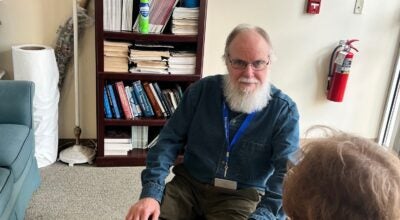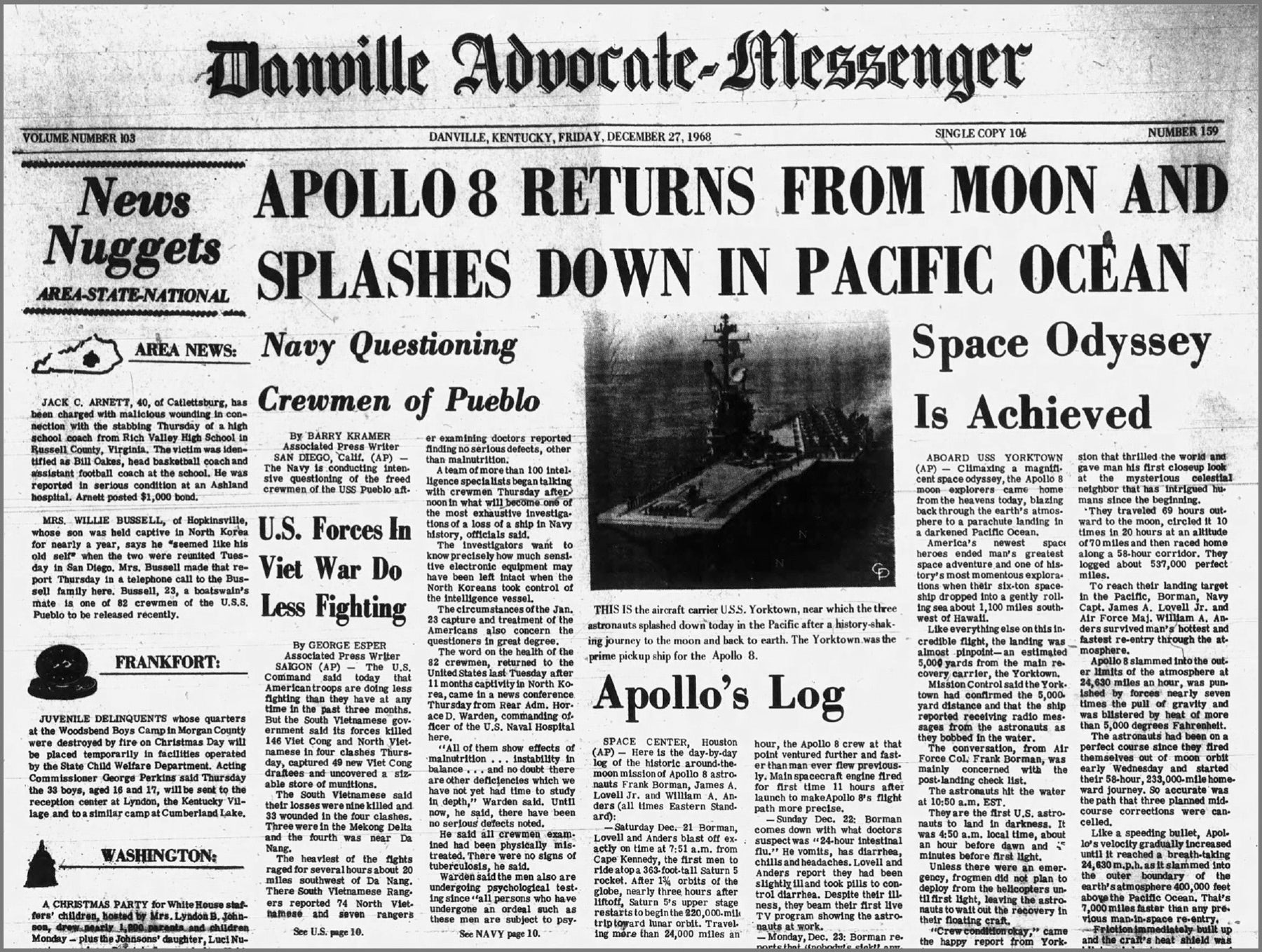To Your Good Health: Don’t put off potentially lifesaving colonoscopy
Published 2:04 pm Wednesday, September 1, 2021

DEAR DR. ROACH: I am responding to a recent letter from a reader anxious about undergoing a colonoscopy. One of her concerns was a possible perforation requiring additional surgery and a temporary colostomy. You reassured her that the probability of such an occurrence was very low.
I have seen this fear often. No doubt, it comes from most people having no experience with the procedure and/or from negative portrayals in the media. Yes, it is major surgery. But it is also a lifesaver that, after an initial period of learning and adjustment, does not interfere with quality of life, work or pursuing most activities. There are cases where individuals have refused this kind of surgery and eventually died. The image of “the bag” can be that frightening.
I have an ileostomy [a connection between the small bowel (ilium) and the outside, through the skin, as opposed to a colostomy, which is a connection between the colon and the outside] as a result of years of ulcerative colitis creating precancerous, fast-growing lesions in my colon. I delayed surgery for a year, because of fear. Thankfully with education, I made a good adjustment in a matter of weeks. Today I co-lead a support group. We see a lot of new joiners, but tend to lose members after a few weeks. Why? Because by that time most say they are fine and don’t need the group.
Modern medicine and space-age materials have produced appliance products that are nothing like those from earlier times. Today’s are thin, deodorized and gentle to the skin. They adhere well and allow bathing, swimming, sexual activity and exercise. Most people continue with an unchanged life after recovery. Many would be surprised to learn that there are well-known celebrities, politicians, and sports figures who have had this surgery. In fact, with over 750,000 surgeries a year in the U.S. (including both bowel and bladder diversion), it’s probable that everyone has come into contact with, or knows, someone who has!
I urge physicians to confront fear surrounding ostomy surgery with reassurance and education. I’m not suggesting that anyone be pushed into a major surgery if they are uncomfortable. But every important decision should be made after receiving as much education and information as possible. — E.W.
ANSWER: I thank E.W. for her thoughtful letter and think it’s important enough to publish.
DEAR DR. ROACH: My daughter-in-law tested positive for COVID-19. She agreed to do the infusion therapy. She is fine now but still part of the study. She is under the assumption she doesn’t need the COVID-19 vaccine. Your thoughts? — N.H.
ANSWER: With many infections, such as measles, infection leads to a lifetime of immunity in virtually all people. Unfortunately, getting measles (like getting COVID-19) can cause serious complications and even death, which is why vaccination is much preferred.
Not all infections provide lifelong immunity. Although infection from COVID-19 does lead to some immunity, it appears that the immunity is often short-lived and specific to the variant a person was infected with. It is very clear that people can get COVID again fairly quickly. More importantly, they appear to be susceptible to the new variants that are spreading across the country and the world. A vaccine is absolutely indicated for people who have had a case of COVID.
Most people can get the vaccine as soon as the symptoms have resolved; however, people like your daughter who were treated with antibodies need to wait 90 days after infection to get the vaccine.
* * *
Dr. Roach regrets that he is unable to answer individual letters, but will incorporate them in the column whenever possible. Readers may email questions to ToYourGoodHealth@med.cornell.edu or send mail to 628 Virginia Dr., Orlando, FL 32803.
(c) 2021 North America Syndicate Inc.
All Rights Reserved





